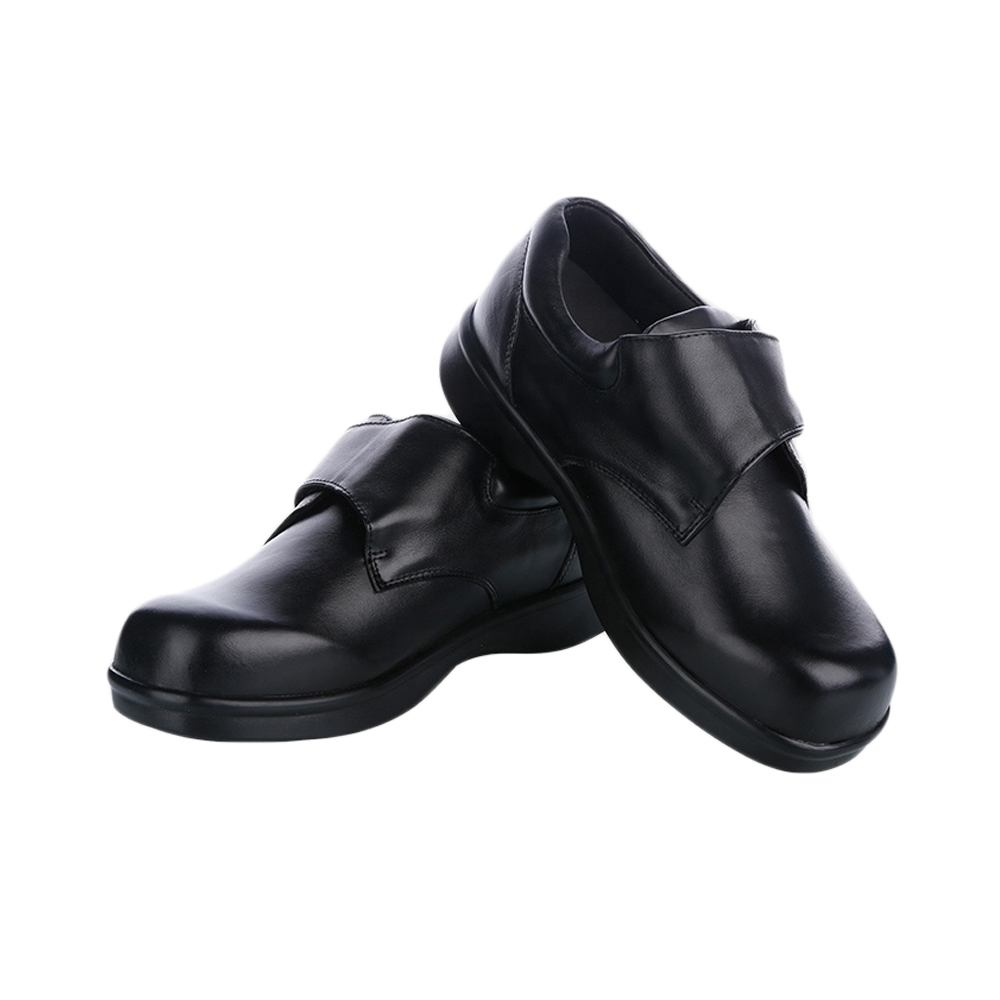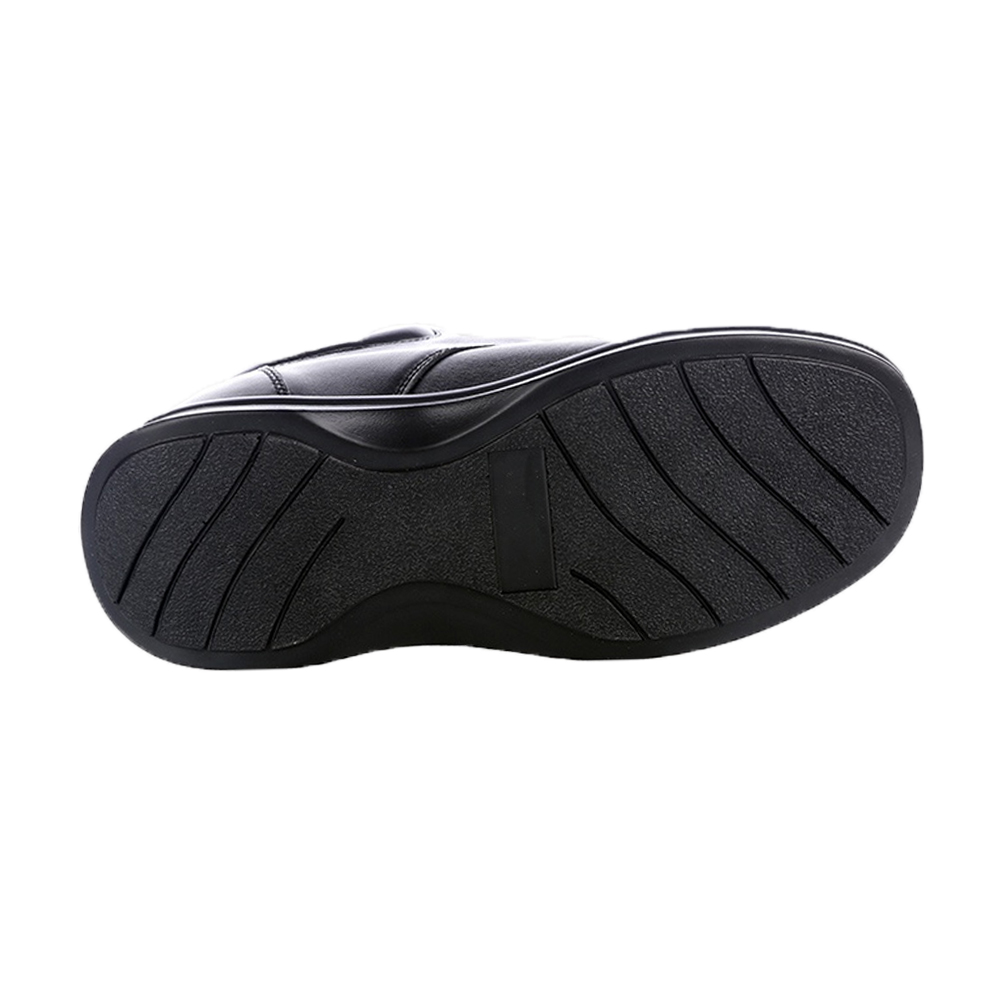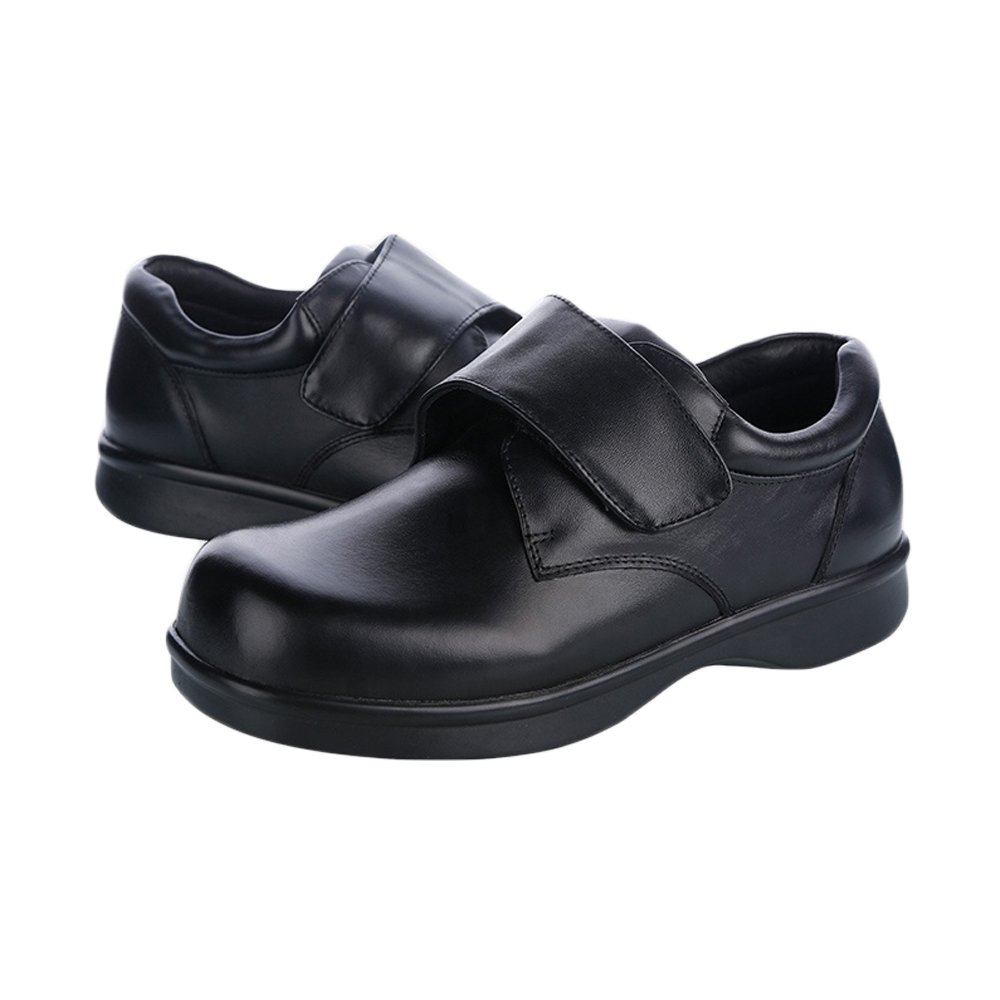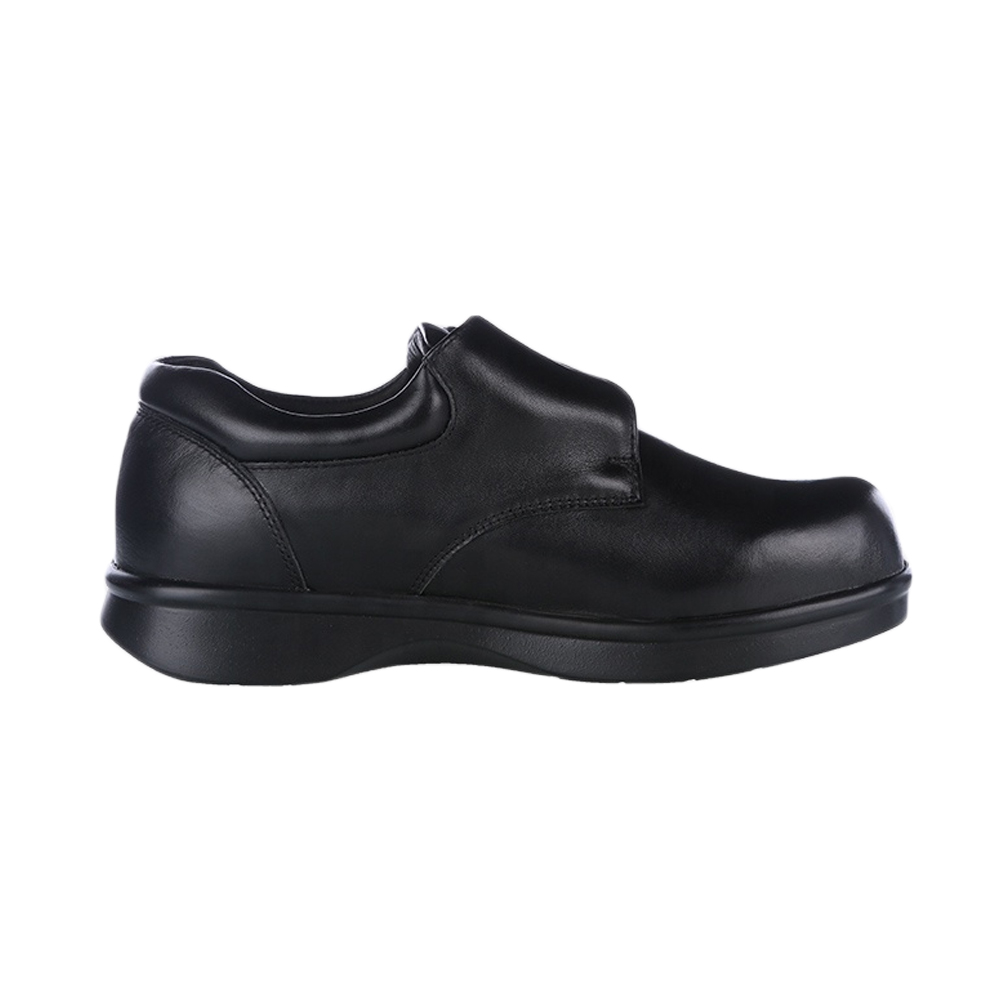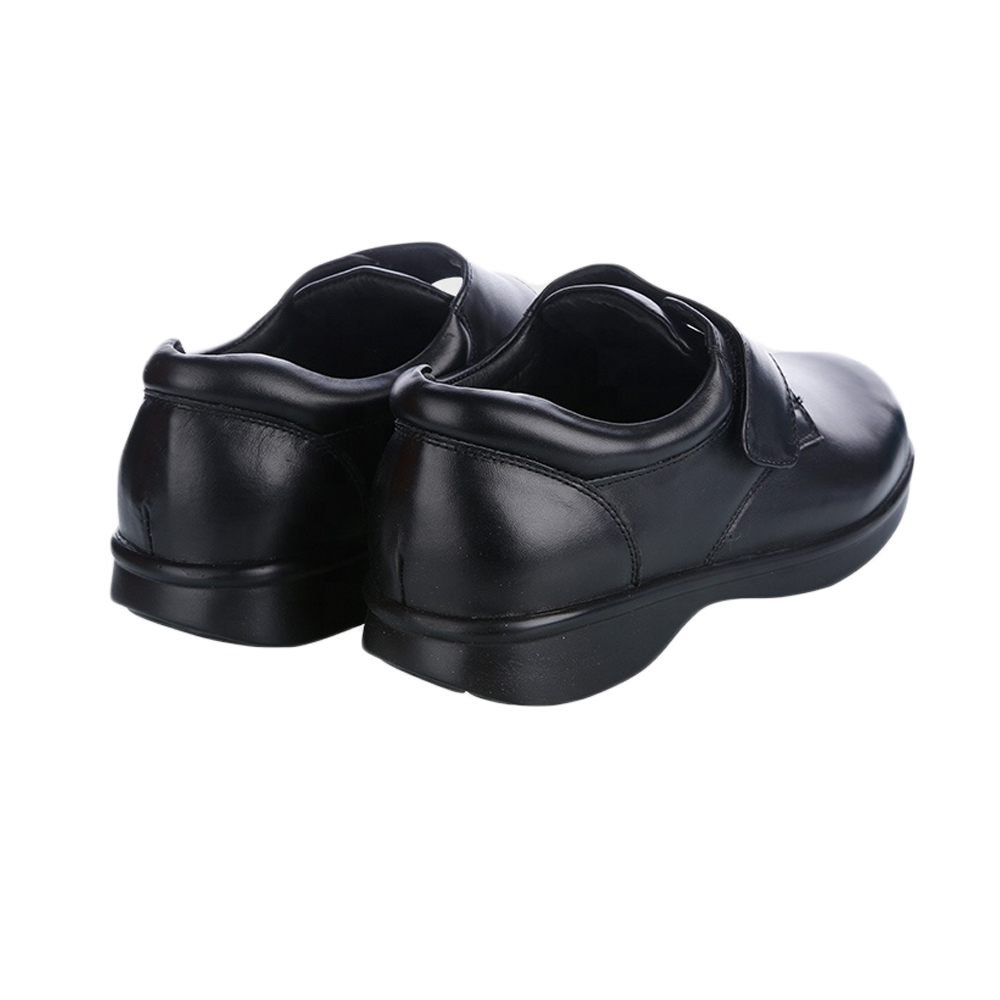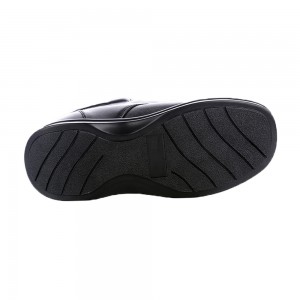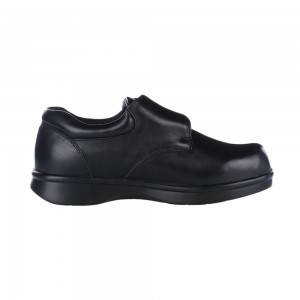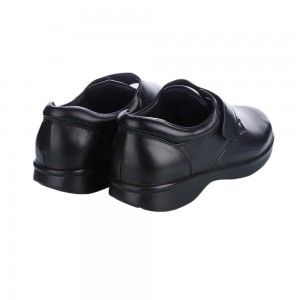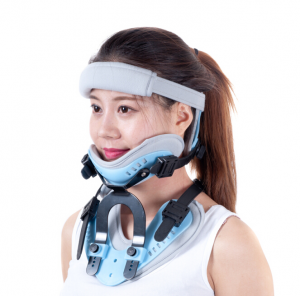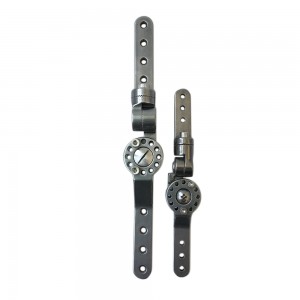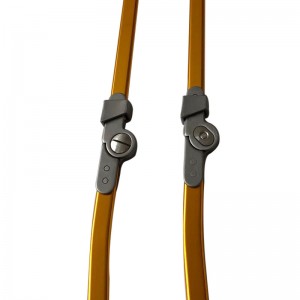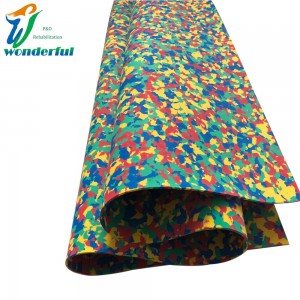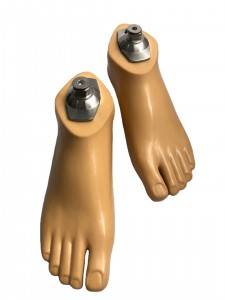Leather Diabetic Shoes
Diabetic shoes mainly protect the feet from diabetic feet through its material and structure. After wearing, they will be very light and comfortable, which greatly reduces the fatigue of the feet.
|
Product Name
|
|
|
Material
|
Leather
|
|
Size
|
39/40/41/42/43
|
|
MOQ
|
1 Sets
|
|
Standard Packing
|
PP/PE bag or customized
|
|
Payment Term
|
T/T ,Western Union
|
|
Lead Time
|
About 3-5 days for in stock for small order ;About 20-30 working days
after your payment for big quantity. |
The importance of choosing footwear for diabetic
Research suggests that the formation of diabetic foot ulcers is directly related to the repeated higher pressure on the ulcer site when the patient is standing or walking.
1. Foot injury caused by improper selection of shoes
Inappropriate shoes, socks, and pads cause repeated pressure irritation
Affect local circulation and cause skin damage
Epidermal keratosis hyperplasia, exacerbation of pressure irritation
Increased ischemia, damage, corns, ulcers, gangrene
Due to the uneven quality of the footwear market nowadays, a pair of inappropriate footwear will often cause great harm to diabetic patients.
(1) The improper selection of shoes may cause bunions, corns,
The main causes of foot diseases such as calluses and hammer toes.
(2) Inappropriate footwear is more likely to damage the feet of diabetic patients, leading to ulcer formation and amputation.
(3) The quality of footwear and socks is poor and uncomfortable to wear. It is a hidden danger killer for patients with insufficient blood supply to the foot, nerve injury or foot deformity.
2. Precautions when choosing shoes and wearing
(1) Diabetics should buy shoes in the afternoon when they are most suitable. People’s feet will be swollen in the afternoon. In order to ensure the most comfortable wearing, they should buy them in the afternoon.
(2) When choosing shoes, you should wear socks to try on shoes, and be careful when putting on shoes to avoid injury, and try on both feet at the same time.
(3) After the new shoes are worn for about half an hour, they should be taken off immediately to check whether there are reddened areas or traces of friction on the feet.
(4) It is best to wear new shoes for 1 to 2 hours a day, and gradually increase the time for trying on them to ensure that potential problems are discovered in time.
(5) Before putting on shoes, check thoroughly whether there are foreign objects in the shoes, and the seams are flat, do not wear open-toed shoes or sandals, and do not wear shoes barefoot.
